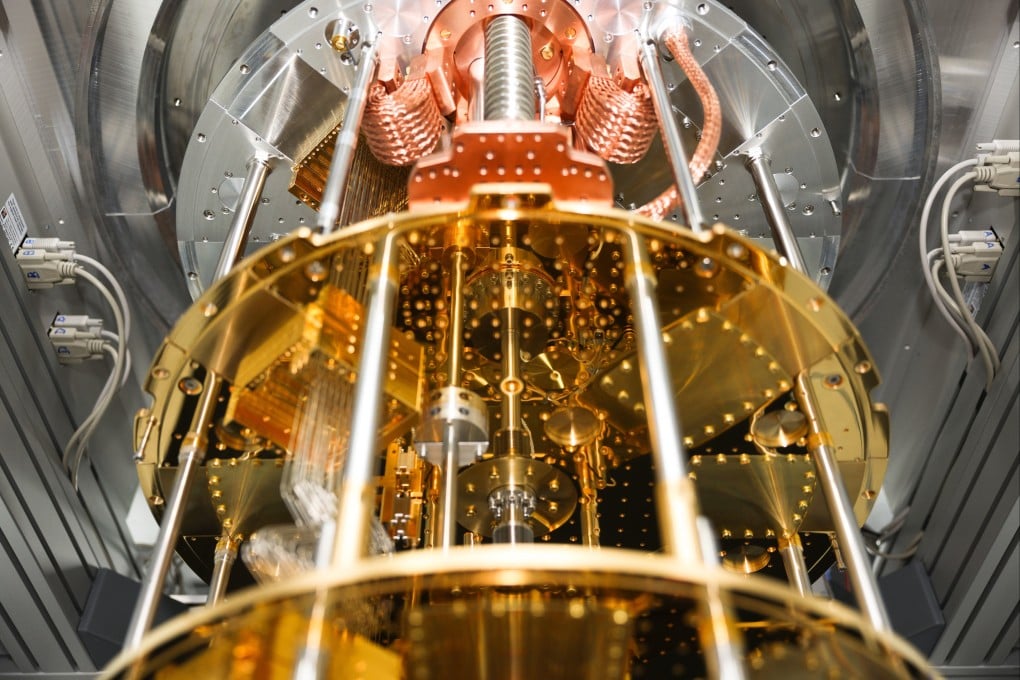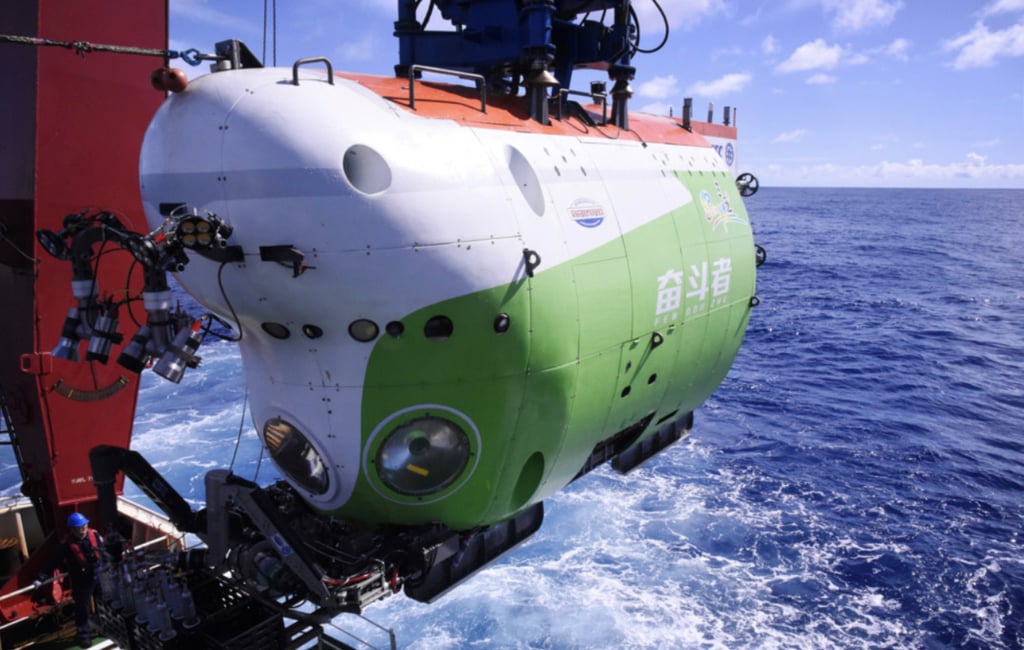Advertisement
In 2022, Chinese scientists reached new heights, depths and frontiers in pursuit of discovery and understanding
- Researchers in China showed their mettle in fields from space technology to supercomputing, and breakthroughs in physics and deep-sea biology
- Exodus of ethnic Chinese from the US continues as renowned scientists such as Yan Ning and Yau Shing-Tung return to institutions at home
Reading Time:4 minutes
Why you can trust SCMP
12

China reached new heights in science this year, climbing to 11th place on the Global Innovation Index and leading the world in the number of most-cited papers.
Advertisement
Chinese scientists have made leaps, from space to the deep sea to quantum and supercomputing. Before the year ends, we look back on significant scientific developments in China over the past 12 months.
Sea and space exploration
In November, researchers from China and New Zealand made an epic voyage to the Kermadec Trench, one of the deepest places on Earth, aboard a Chinese-made submersible. The team saw strange and rarely seen sea creatures, including a red angler fish that swam upside down.

China, after Russia and the United States, became the third country to put astronauts into space and build a space station.
The last mission, Shenzhou-15, was sent to wrap up the final stage of the Tiangong’s construction and launch the first stage of its application and development. The previous crew oversaw the addition of two laboratory modules, Wentian and Mengtian, to the main Tianhe living space.
But the space missions came with hiccups. In May, the Chinese satellite launch centre preparing to launch the Shenzhou-14 probe said they had detected a jamming device that could interfere with navigation systems in a car outside the base – the first time it had reported such an incident.
Advertisement
The jammer was capable of causing a rocket to go off course, but the space centre did not say whether it was a sabotage attempt or an accident.

Advertisement